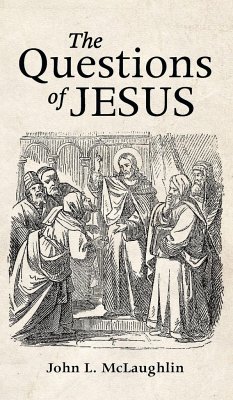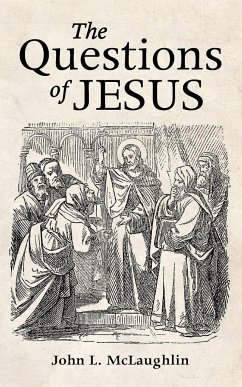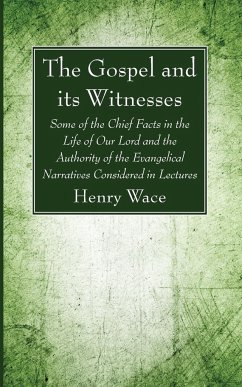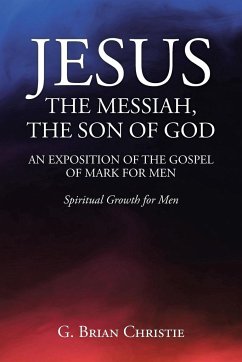
The Mark
Versandkostenfrei!
Versandfertig in 1-2 Wochen
16,99 €
inkl. MwSt.

PAYBACK Punkte
8 °P sammeln!
2021 Reprint of the 1954 U.S. Edition. Full facsimile of the original edition and not reproduced with Optical Recognition Software. This book is a companion to The New Man by the same author. Nicoll discusses, by way of the Gospels, the idea that real religion is about realizing the potential for spiritual change, latent but unborn, that exists in everyone. "The Mark" is the realization of this transformation. The author explains that in the Gospels the word translated as "sin" means in the literal Greek "missing the mark", as of a spear thrown at some object and failing to hit it. And from me...
2021 Reprint of the 1954 U.S. Edition. Full facsimile of the original edition and not reproduced with Optical Recognition Software. This book is a companion to The New Man by the same author. Nicoll discusses, by way of the Gospels, the idea that real religion is about realizing the potential for spiritual change, latent but unborn, that exists in everyone. "The Mark" is the realization of this transformation. The author explains that in the Gospels the word translated as "sin" means in the literal Greek "missing the mark", as of a spear thrown at some object and failing to hit it. And from meaning to miss the mark it came to mean failing in one's purpose, and so erring or wrongdoing. It is Dr. Nicoll's contention that when a man is overpowered by outer life and influenced only by outside agency that person is machine-driven by his senses, but internally on the wrong road. Such a person is dominated by external life and has no spiritual life. That part of them which is truly real, and from which their own individual existence and growth can begin, is lost. It is in the wrong place. And this is sin. That is, in this sense, everyone has missed the mark, missed the idea of their own true existence.












